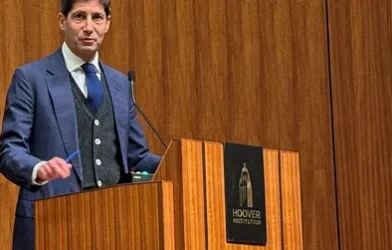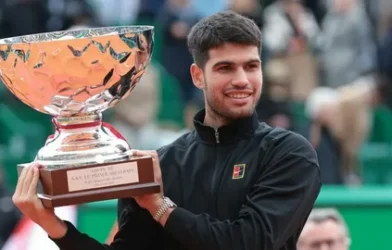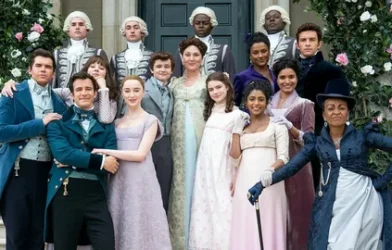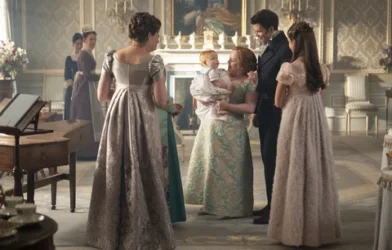Ron Harper is one of those rare basketball players whose name may not dominate headlines, but whose impact on the game is deeply respected by those who truly understand the sport. With five NBA championships and a career that spanned different roles, teams, and eras, he represents a model of adaptability, teamwork, and quiet leadership. While he often played alongside some of the game’s greatest icons, Harper’s journey is worth telling in its own right.
From Ohio Roots to College Stardom
Growing up in Dayton, Ohio, Ron Harper faced early life challenges that shaped his toughness and determination. Raised by a single mother in a working-class environment, he turned to basketball not just as a sport, but as a way forward. His talent became undeniable in high school, earning him a scholarship to Miami University in Ohio. There, he dominated on the court, becoming the school’s all-time leading scorer. His performances at Miami earned him national attention, and he was later selected 8th overall in the 1986 NBA Draft.
Early NBA Promise and Setbacks
Harper began his NBA career with the Cleveland Cavaliers, immediately showing signs of stardom. His first few seasons were filled with highlight-worthy plays, high scoring averages, and impressive defense. He was considered a cornerstone of the franchise. However, an unexpected trade to the Los Angeles Clippers and a major knee injury altered his path. Despite the injury, Harper remained a productive player, but the transition required him to adjust his playing style. He became less focused on explosive scoring and more on smart, fundamental basketball.
Redefining Success with Chicago
In 1994, Harper joined the Chicago Bulls. At the time, many fans saw him as just another veteran filling a bench role. But he would soon become a crucial piece of the Bulls’ second three-peat championship run. No longer chasing individual stats, Harper embraced a supporting role. His job was to defend, pass, and keep the team’s rhythm intact. He often guarded the opponent’s best perimeter scorer, freeing up Michael Jordan and Scottie Pippen to dominate offensively. This selfless approach helped the Bulls win titles in 1996, 1997, and 1998, with Harper proving that championship basketball relies as much on role players as it does on superstars.
Veteran Leadership with the Lakers
After his time with Chicago, Harper followed coach Phil Jackson to the Los Angeles Lakers in 1999. Though well past his athletic peak, he provided leadership, calmness, and experience to a young and talented Lakers squad. Playing alongside Kobe Bryant and Shaquille O’Neal, Harper served as a mentor and a steady hand in tense playoff moments. His contributions helped the team capture the 2000 NBA title, adding a fifth championship to his name. His presence was particularly valued in the locker room, where his professionalism and experience shaped the mindset of a developing team.
Beyond the Numbers
One reason Ron Harper is not always mentioned in debates about all-time great guards is because his value wasn’t always reflected in stats. His career scoring average doesn’t match some of his peers, but numbers don’t tell the full story. What defined Harper’s greatness was his ability to adapt. From a 20+ point-per-game scorer early in his career to a defensive specialist and locker room leader later, he showed the kind of maturity and basketball IQ that every championship team needs.
A Lasting Influence
Ron Harper’s legacy also lives on through his son, Ron Harper Jr., who followed in his father’s footsteps by playing high-level college basketball and entering the professional scene. Harper’s story has become an example to young players that greatness doesn’t always come from fame—it comes from discipline, adaptability, and putting the team first. Even years after retiring, he remains connected to the basketball world, often speaking about mental toughness and the importance of playing the game the right way.
Conclusion
Ron Harper may not have the global spotlight that some of his former teammates enjoy, but his basketball journey is one of the most impressive in the sport’s history. He reinvented himself multiple times, won at the highest level, and earned the respect of coaches, teammates, and opponents alike. His career is a reminder that greatness comes in many forms—not always in loud moments, but often in the quiet, consistent efforts that push teams to victory.













Comments are closed